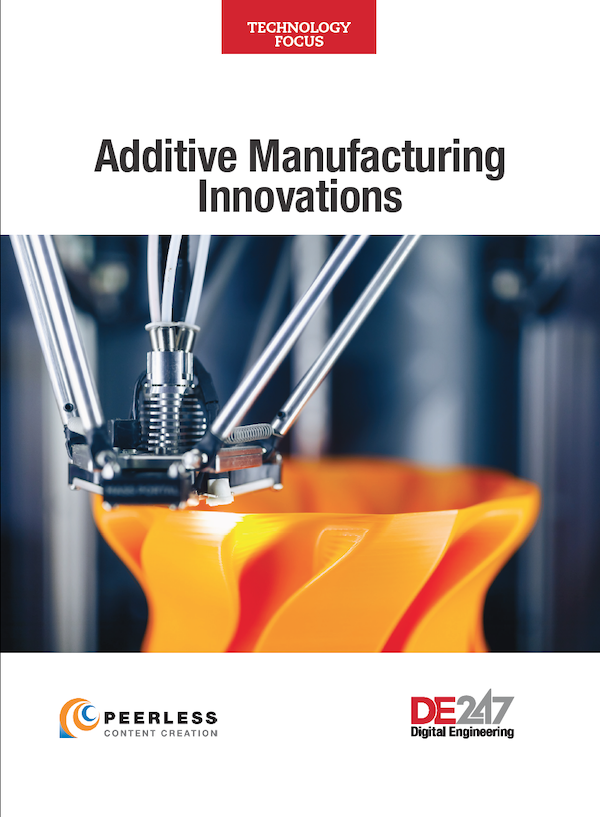Epson Develops Industrial 3D Printer
Printer can use commonly available materials

Epson’s newly developed 3D printer employs a material extrusion method that is achieved using a flat screw like that found in Epson’s precision injection molding machines. Image courtesy of Epson.
Latest News
March 10, 2022
Seiko Epson Corporation has developed an industrial 3D printer that can use commonly available third-party materials to produce strong, accurate industrial parts of various sizes and functions. 3D printers with these features will have uses in a wider range of applications, including in the production of parts for final products, and will enable users to mass customize their goods in support of small-batch production, the company reports.
Epson's newly developed 3D printer employs a material extrusion method that is achieved using a flat screw (an inline screw with a flattened configuration) like that found in Epson's precision injection molding machines. This extrusion method enables the printer to be used with various common third-party materials, such as resin or metal pellets, which are available at lower cost than other materials, environmentally considerate biomass pellets and PEEK materials, which can provide high heat resistance.
In addition, the amount of material injected is precisely controlled by regulating the pressure within the head and by regulating the action of a valve in concert with the modeling speed. The temperature at the surface of a piece being printed must also be controlled in order to obtain the required strength. Epson employs a mechanism to precisely control this temperature and achieve both strength and accuracy.
This 3D printer is engineered to manufacture strong, accurate objects with commonly available materials, facilitating printer use in production of industrial parts for final products. It is ideally suited to mass customization, as it can produce small batches of parts tailored to customers' needs with higher quality, shorter lead times and at a fraction of the cost of traditional manufacturing processes, the company reports.
Epson is aiming to commercialize the printer after first making needed refinements while using it internally to volume-produce certain parts for commercial and industrial equipment.
Sources: Press materials received from the company and additional information gleaned from the company’s website.
More Epson America Coverage
Subscribe to our FREE magazine, FREE email newsletters or both!
Latest News
About the Author
DE’s editors contribute news and new product announcements to Digital Engineering.
Press releases may be sent to them via [email protected].






